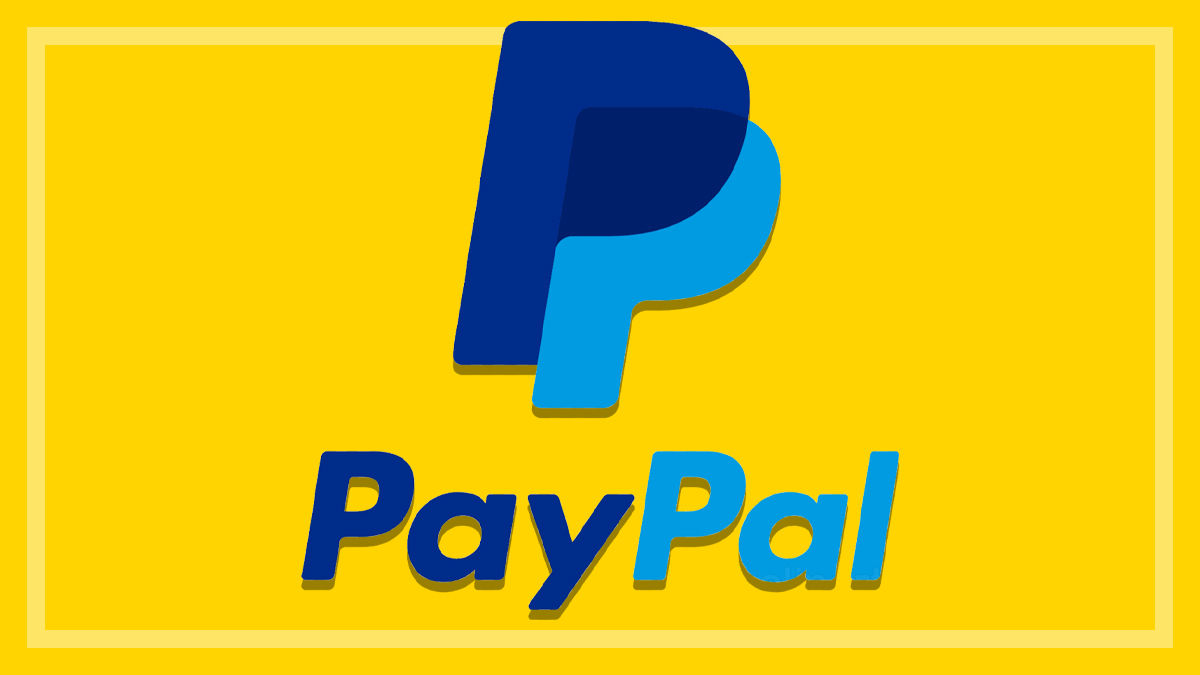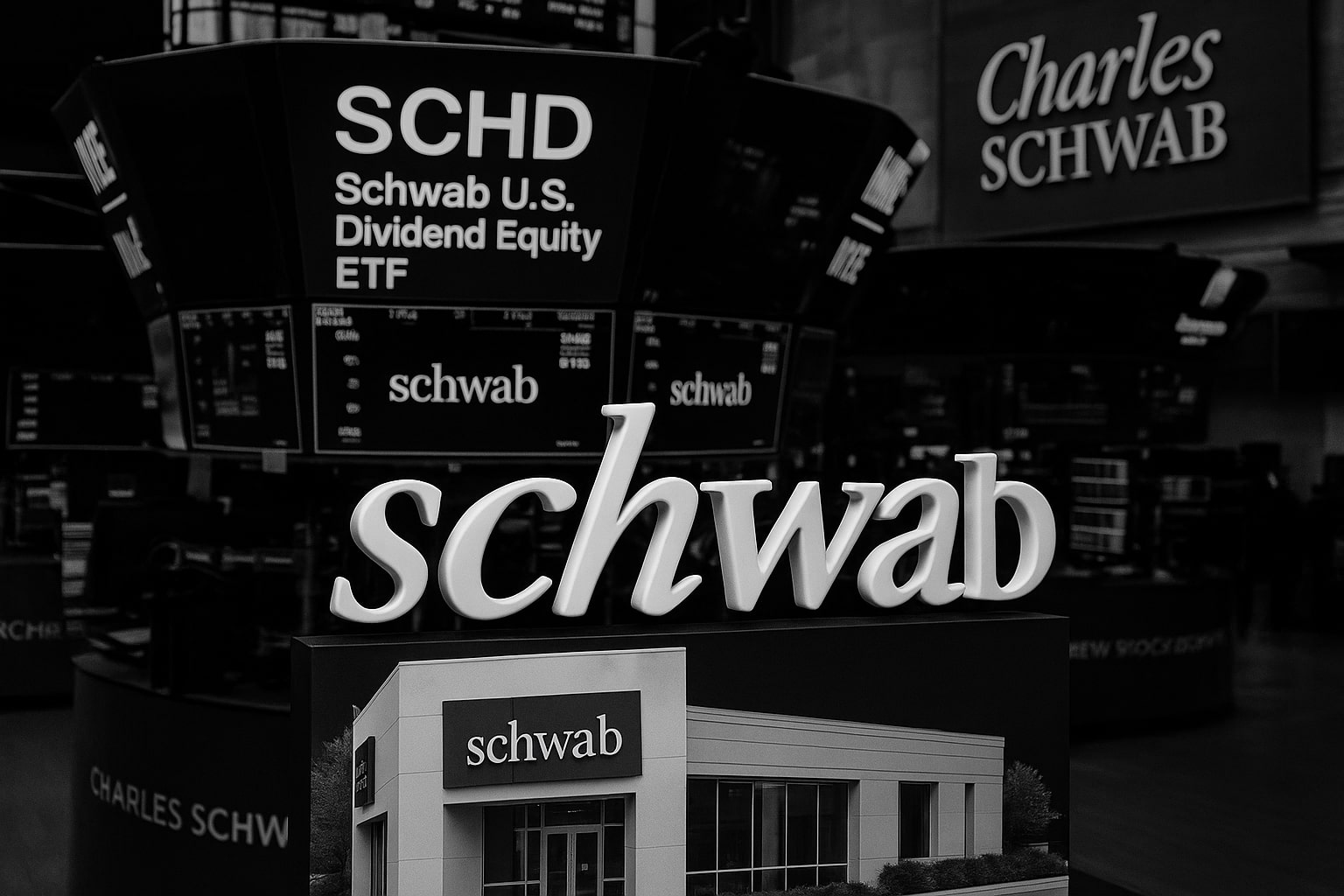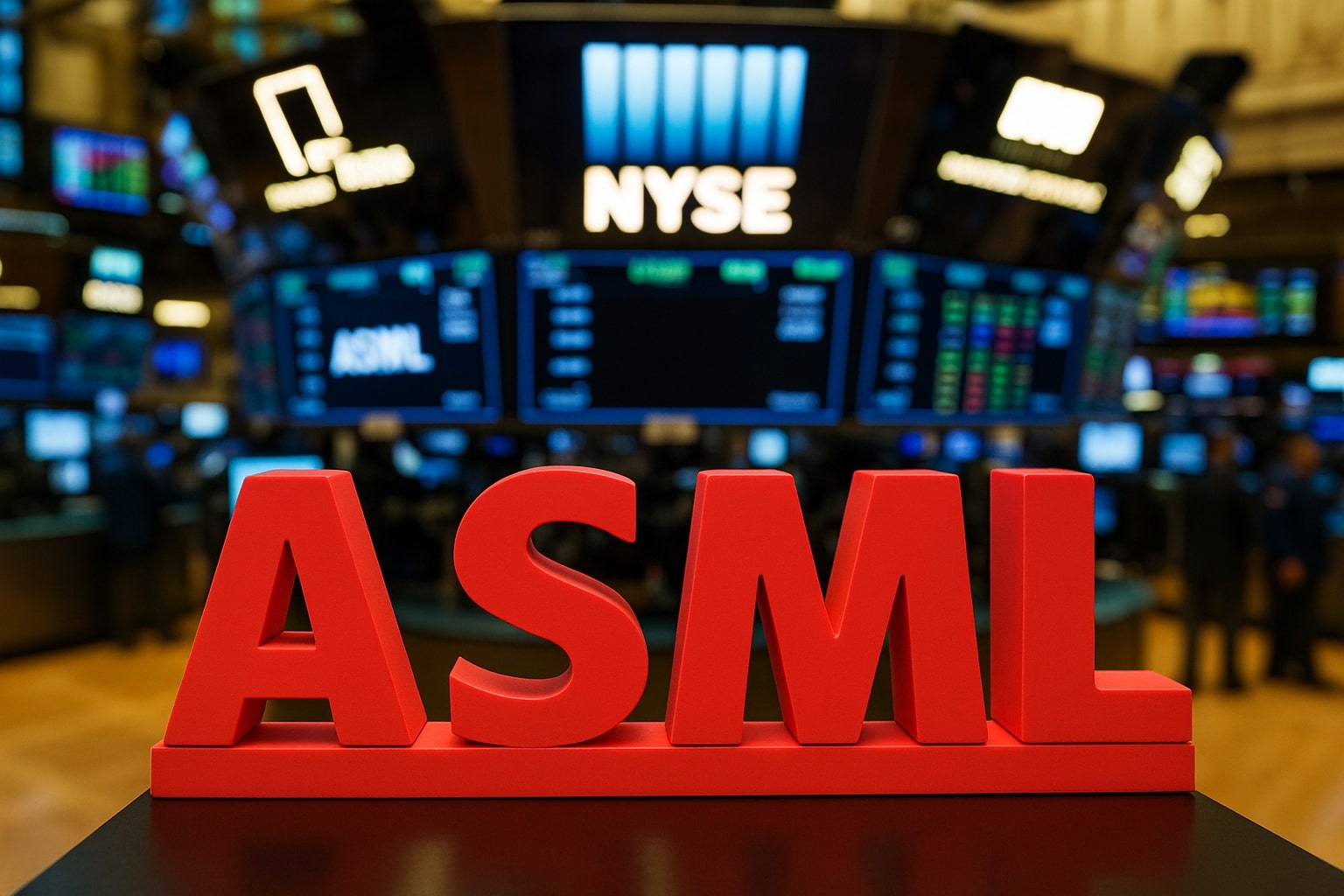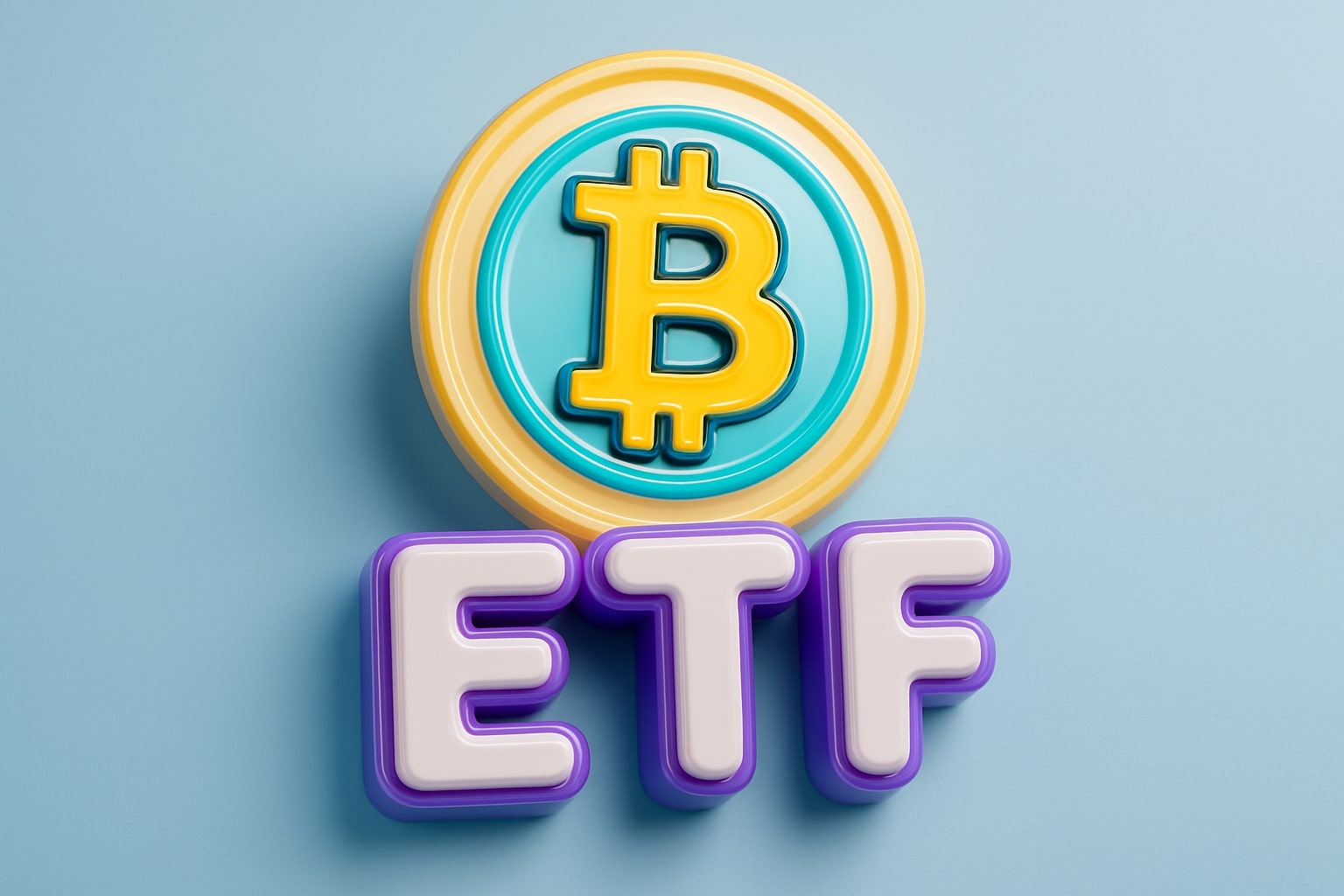
PayPal's Profit Forecast: A 20% Rise Amid Market Challenges
PayPal's Journey: Balancing Branded and Unbranded Services Amidst a Competitive Landscape
PayPal Holdings Inc., the renowned payments company, has recently been in the spotlight due to a revised operating margin forecast that has stirred Wall Street. Despite delivering a promising first-quarter report, PayPal's warning that operating margin growth would only expand by 1% this year, a drop from the previously anticipated 1.25%, has resulted in a drastic 12% plummet in its shares. This represents the steepest decline since February 2, 2022, with the stock closing at around $67 a share, the lowest since 2017.
These developments have occurred concurrently with PayPal's strategic shift towards Braintree, its unbranded payment processing business, as a new growth driver. While Wall Street typically appreciates growth, Braintree operates on a smaller margin than PayPal's branded business, resulting in a weaker margin growth forecast. However, Braintree saw a 30% increase in volume year-over-year in the first quarter, compared to the branded business's 6.5% increase.
The payments industry is becoming increasingly competitive, with PayPal's branded business facing pressure. Apple's recent introduction of the Buy Now, Pay Later service, which is seamlessly integrated with its digital wallet app, stands as a strong competitor in a crowded field that includes PayPal, Affirm, AfterPay, and Klarna.
However, analysts have generally adopted a more optimistic view of PayPal's performance. Nearly 75% rate the company's stock as a "buy," with an average target price of $97.51, suggesting a potential 45% upside from the recent share price. Morgan Stanley analyst James Fawcett, who rates the stock overweight with a target price of $133, believes that PayPal can leverage its unbranded offerings to strengthen its branded businesses, ultimately leading to more innovative integrations for businesses.
UBS Securities analysts, while maintaining a "buy" rating, have tempered their expectations, adjusting their price target to $118 from $129 due to the tighter margin outlook. Despite these revisions, they still consider PayPal shares undervalued, given their anticipation of 20% earnings per share growth this year and the next.
Furthermore, PayPal's first quarter report has shown promising signs of financial resilience. The company's payments volume on a forex-neutral basis was $354.5 billion, a slight decrease from the $357.4 billion in the fourth quarter of last year. Despite inflation impacting discretionary consumer spending, PayPal's revenue rose by 10% on a forex-neutral basis to $7.04 billion, and posted a profit of $1.17 per share on an adjusted basis, up from 88 cents in the previous year.
The current market conditions have indeed made it challenging for PayPal. With businesses returning to normal and the global economy threatening a recession, e-commerce and digital spending have slowed down, and PayPal has lost some market share to Apple Pay. However, despite these headwinds, the company's revenue managed to grow by 9% year over year in the fourth quarter. Management plans to reverse the 10% drop in adjusted EPS in 2022 through cost-cutting measures and is forecasting an 18% growth in adjusted EPS for 2023.
PayPal's portfolio encompasses more than just the PayPal platform; it includes Venmo, Zettle, Xoom, Hyperwallet, Honey, and Paidy. Given the current levels, the stock seems undervalued, providing an enticing opportunity for long-term investors. As always, investors are advised to follow the company's progress closely and practice patience.
The recent volatility in the stock market, marked by a 19% fall in value in 2022 following a 27% surge in 2021, has left many investors questioning their strategies.
However, the general advice for most investors is to remain patient and stay the
course. Market volatility is an inherent part of investing, and periodic downturns should be expected. In the long run, the stock market has historically trended upward. In fact, many of the most successful investors, such as Warren Buffett, have accumulated substantial wealth by demonstrating patience and resilience, holding onto their investments through market ups and downs.
The recent decline in the market also presents an opportunity for shrewd investors. While attempting to time the market – guessing the peaks and troughs of stock prices – is generally discouraged, a down market can offer attractive buying opportunities for long-term investors. Keeping a portion of cash on hand and maintaining a watchlist of potential investment targets can prepare investors to take advantage of these situations. When high-quality companies dip into attractive price territories, it can present a prime opportunity for investment.
In the case of PayPal, despite the challenges posed by increased competition and the current economic climate, the company's underlying strengths, such as its diverse portfolio of payment services and robust revenue growth, make it a compelling consideration for long-term investors.
Moreover, the company's strategic focus on enhancing its unbranded business offerings could potentially stabilize or even increase its share of the branded checkout market. As per Morgan Stanley analyst James Fawcett's observations, PayPal's unbranded processes could lead to advanced integrations of purchases for businesses, contributing to the stabilization or increase of PayPal's share in the branded checkout market.
Additionally, while PayPal’s adjusted operating margin expansion forecast has been trimmed to 100 basis points this year, down from an earlier 125-basis-point growth forecast, the company has raised its full-year adjusted profit forecast due to stronger-than-expected e-commerce trends and improved margins from cost cuts. PayPal now anticipates adjusted profit growth of about 20% to $4.95 per share, exceeding analysts' average estimate of $4.88 per share.
In conclusion, the recent developments in PayPal's strategy and financial performance present a complex yet potentially rewarding opportunity for investors. While the short-term outlook may be overshadowed by market volatility and competitive challenges, the company's long-term prospects appear robust. By focusing on the fundamentals of the company, investors may find that PayPal's current situation offers an attractive entry point for an investment that could yield significant returns over time. This scenario underscores the importance of patience, resilience, and careful analysis in the face of market volatility. As always, investors should monitor their investments closely and make informed decisions based on their individual financial goals and risk tolerance.
Read More
-
SCHD ETF Holds Ground With 3.6% Yield as Dividend Investors Eye Stability Over Growth
15.10.2025 · TradingNEWS ArchiveStocks
-
Ripple XRP (XRP-USD) Steadies at $2.43- SEC Shutdown Freezes ETF Decisions, Inflows Hit $61.6M
15.10.2025 · TradingNEWS ArchiveCrypto
-
NG=F Falls to $2.99 as Record Supply Outpaces Demand Despite 16.9 Bcf/d LNG Exports
15.10.2025 · TradingNEWS ArchiveCommodities
-
USD/JPY Price Forecast - Yen Weakens to 151.30 Amid Dollar Selloff
15.10.2025 · TradingNEWS ArchiveForex


















